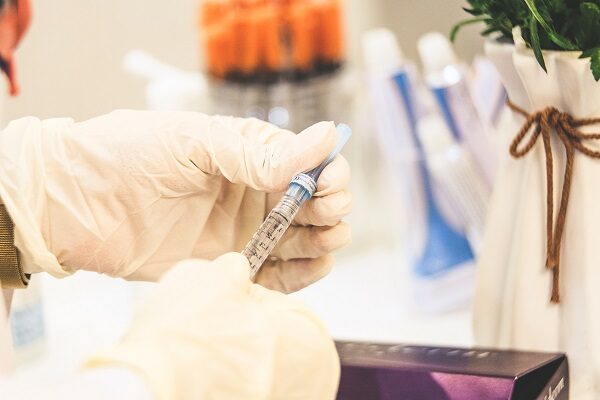Several countries are struggling to encourage people to get vaccinated and Japan is no exception. While the Japanese government is faced with the problem of insufficient vaccine supply, they also need to change people’s attitudes because there is still scepticism about vaccination, especially among the younger generation.
Since just before the Olympic Games, Japan has been hit by the fifth wave of Covid-19. With the outbreak of the Delta strain, more and more young people are getting infected and suffering the after effects of Covid-19: on 10 August 2021, there were 2612 infections and 176 serious cases reported in Tokyo, which was the highest number ever recorded. After the increasing vaccination of the elderly, people in their twenties and thirties get infected more and suffer from the after effects longer.
How can the Japanese government encourage younger people to get vaccinated? One solution seems to be the sharing of knowledge about the side effects of the Covid-19 infection.
On Japanese TV, the Ministry of Health and Welfare has been on some programmes explaining the after effects of Covid-19 as it spreads to young people.
According to them, people with minor symptoms tend to suffer longer lasting after effects. Some clinics open specific counters for Covid-19 after effects for outpatients They said that there are even children under 10 years old who are suffering the post-effects of Covid-19.
The common after effects are;
- fatigue
- difficulty in thinking
- headache
- breathlessness
- loss of sense of smell and taste
- hair loss
- body aches
The after effects do not vary depending on the type of mutant virus.
In the broadcast, there was an interview with a university student in her 20s. She was diagnosed as being infected with Covid-19 after she started having a fever, cough and difficulty in smelling last November. “The loss of my sense of smell is the hardest part”, she said. She hasn’t regained her sense of smell for more than 7 months and has been suffering from headaches. “(when I am eating,) I feel as if I’m eating in the exhaust of a factory every day.” She has not been able to return to university yet.
On that program, they also mentioned some cases where vaccination helped to improve the after effects, illustrating the government’s attitude to encouraging young people to be vaccinated. It is not scientifically proven the relation between vaccination and reduction of after effects, but according to the clinic’s practice, it’s reported that 30% of patients with after effects got better after one or more vaccinations.
I hope this information will reach a wider audience and change attitudes towards vaccination in a positive way.



Comments